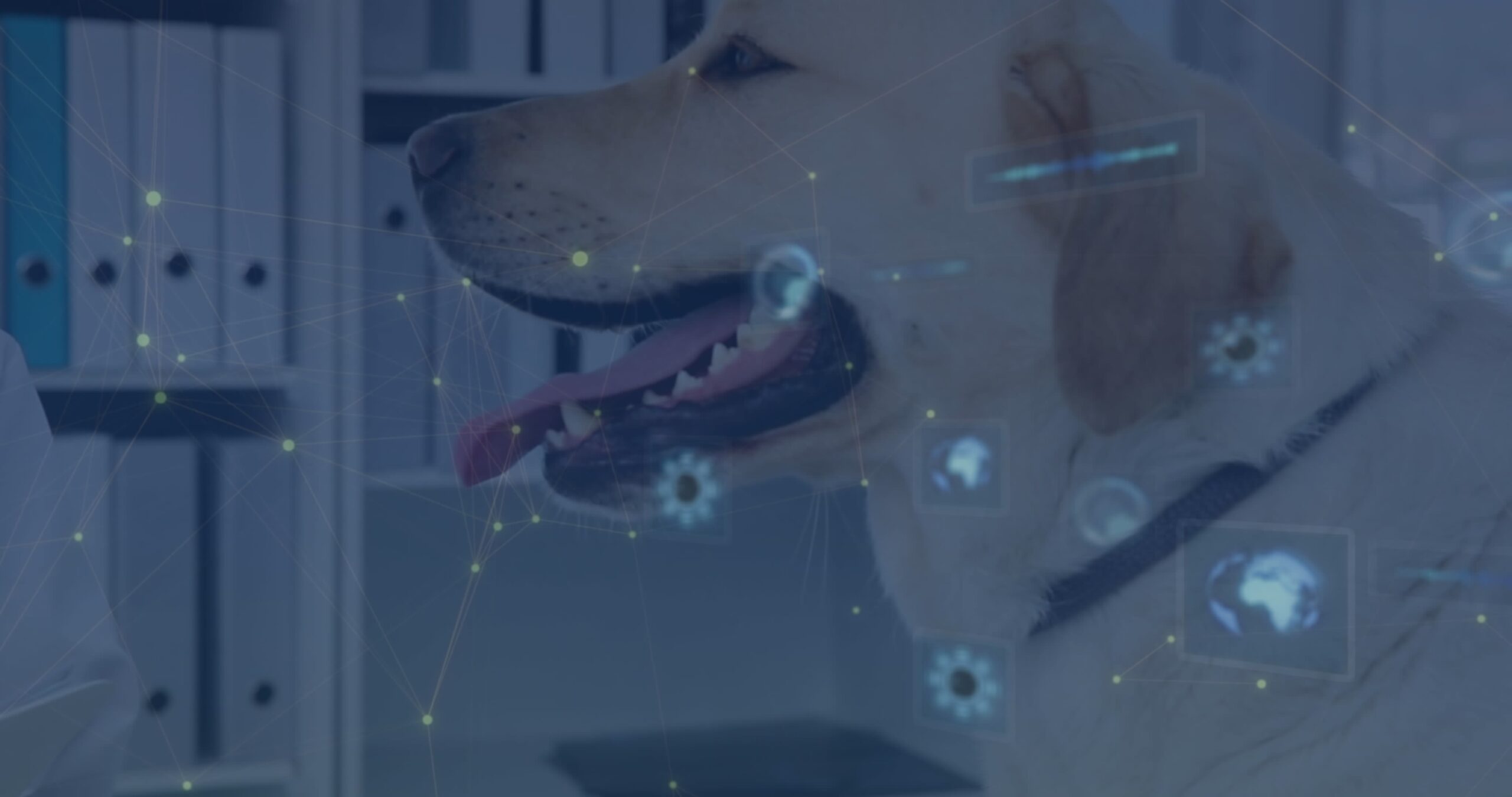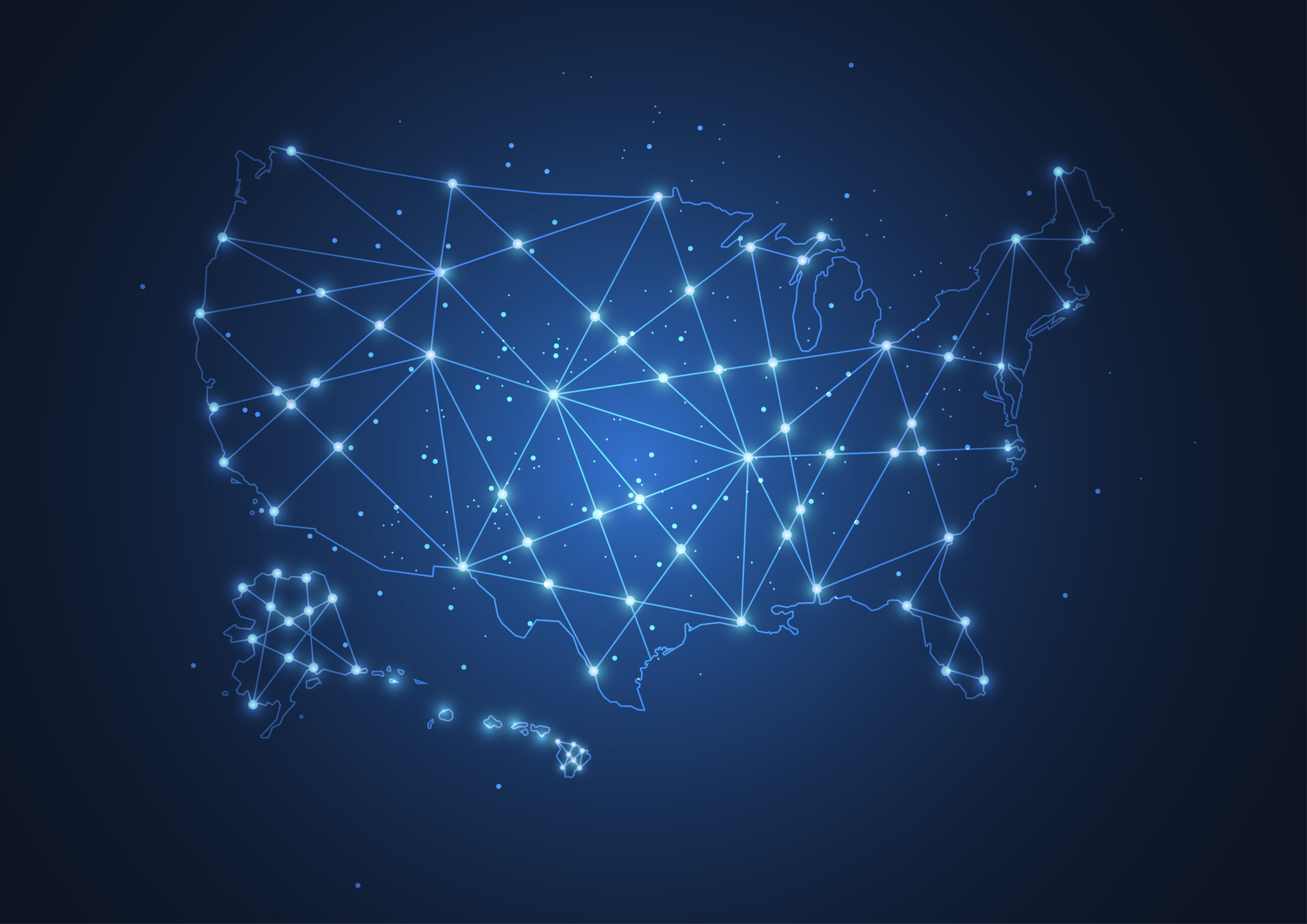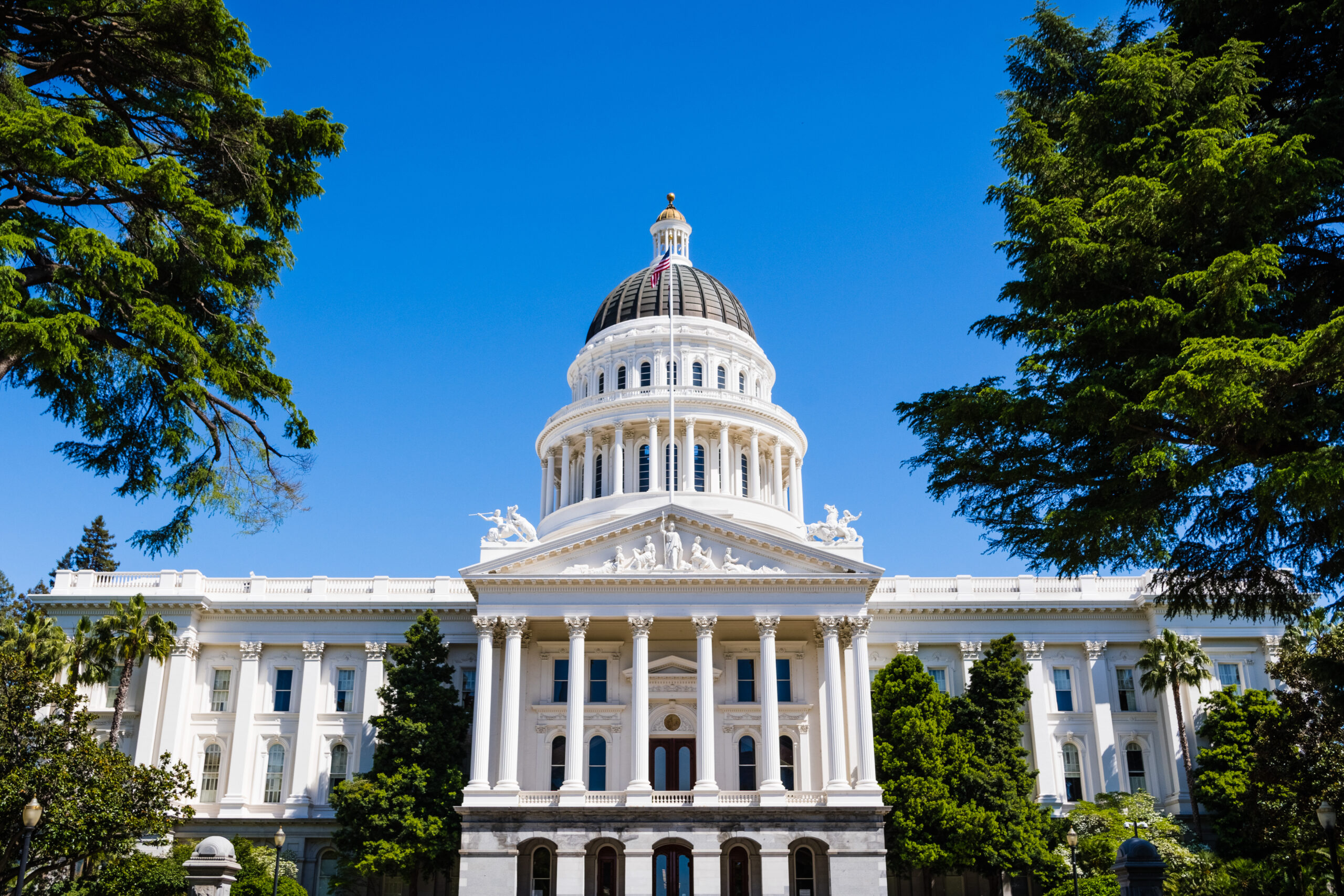Showing results for mbines bet secret bonus code koeln

Vermont and Nebraska: Diverging Experiments in State Age-Appropriate Design Codes
[…] are experimenting with divergent frameworks in hopes of creating constitutionally sound models for youth online privacy and safety. See our comparison chart for a full side-by-side comparison between the Nebraska Age-Appropriate Design Code Act (LB 504) and Vermont Age-Appropriate Design Code Act (S.69). Download the Chart Two visions of scope Each AADC’s scope turns […]

Amendments to the Montana Consumer Data Privacy Act Bring Big Changes to Big Sky Country
[…] exists, it must “establish and implement a plan to mitigate or eliminate the heightened risk.” Although the substantive requirements of the protections for minors are substantively similar between Connecticut’s, Colorado’s, and Montana’s laws, these states are not fully aligned with respect to the rebuttable presumption of reasonable care. Montana follows Colorado’s approach, whereby a […]

The Curse of Dimensionality: De-identification Challenges in the Sharing of Highly Dimensional Datasets
[…] been labeled as “de-identified” while still leaving individuals vulnerable. Achieving a state where individuals genuinely cannot be reasonably identified is significantly harder, especially given the inherent trade-off between privacy protection and data utility: more aggressive de-identification techniques reduce re-identification risk but also diminish the data’s value for analysis. The concept of true, irreversible anonymization, […]

Geopolitical fragmentation, the AI race, and global data flows: the new reality
Most countries in the world have data protection or privacy laws and there is growing cross-border enforcement cooperation between data protection authorities, which might lead one to believe that the protection of global data flows and transfers is steadily advancing. However, instability and risks arising from wars, trade disputes, and the weakening of the […]

FPF Celebrates Safer Internet Day with Newly Released Encryption Infographic
[…] encryption generates a long number that is the mathematical solution to the formula and can unscramble the protected sensitive information. If a private key is not kept secret, anyone with the key can access the private data or impersonate the authenticated person or organization. This infographic is the latest in FPF’s longstanding work on […]

5 Ways to Be a Top Dog in Data Privacy
[…] or like your posts, and manage what happens to posts after you delete them. You can view and change your settings here. TikTok allows you to decide between public and private accounts, allows you to change your personalized ad settings, and more. You can check your settings here. X allows you to manage what […]

FPF’s Year in Review 2024
[…] the state is also the first to enact state AI legislation. Maryland passed the Maryland Online Data Privacy Act (MODPA) as well as the Maryland Age-Appropriate Design Code Act” (Maryland AADC). Following Connecticut’s lead last year, Virginia and Colorado both amended their state privacy laws to add specific online protections for kids’ data. FPF […]

Five Big Questions (and Zero Predictions) for the U.S. State Privacy Landscape in 2025
[…] collection is “reasonably” necessary to offer a requested product or service but would not be “strictly” necessary to offer that same service? Practically, what is the difference between these two standards? If a company’s business model is based on the sale of personal information or the use of data for targeted advertising, are those […]

FPF Analysis of New Requirements for Generative AI Use by Healthcare Entities in Patient Communications
[…] Communications Intern On September 28, Governor Gavin Newsom signed California AB 3030, among a host of AI bills. CA AB 3030 amended the California Health & Safety Code and requires specified healthcare entities to disclose the use of generative artificial intelligence (AI) in provider-patient communications through visual or verbal disclaimers presented before, during, and/or […]

FPF Highlights Intersection of AI, Privacy, and Civil Rights in Response to California’s Proposed Employment Regulations
[…] divergent definitions. To ensure focus and regulatory efforts are targeted toward technologies that play an impactful role in individuals’ rights, FPF recommended alignment with definitions from Government Code § 11546.45.51, the CPPA Draft Regulations, and Assembly Bill 2930 that require the ADS role be “substantial” to the decision-making process. Law / Proposal Definition Civil […]
